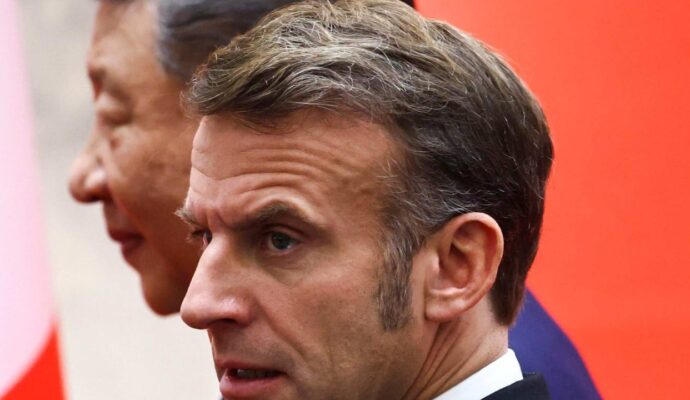
The summit – which was agreed to during the third meeting of the six countries’ foreign ministers in Kazakhstan in June – is widely regarded as a Beijing-led effort to boost strategic coordination with Central Asia over issues such as the Ukraine war and the crisis in Afghanistan.
The foreign ministers’ talks follow the first China-Central Asia Meeting of the Ministers of Economy and Trade on April 18. All sides agreed to “strengthen cooperation on trade and investment, digital economy, green development, transit transport and other fields, and jointly promote regional economic cooperation”, according to a readout from the Chinese commerce ministry.
Historically, Central Asia has played an important role in connecting China and Europe. The five countries sit along the vibrant Silk Road that dates back to China’s Han dynasty 2,200 years ago and ran from Xian to Rome.
The Central Asian nations have become increasingly significant – both economically and strategically – for China thanks to their rich natural resources and proximity to its far-western region of Xinjiang.
China has made huge investments in the five countries, especially in transport and infrastructure projects via the belt and road programme.
In 2022, trade between China and the Central Asian countries reached US$70.2 billion, a record high. China’s foreign direct investment in the five countries was nearly US$15 billion at the end of 2022, according to the commerce ministry.
Beijing is also seeking cooperation from the Central Asian countries to help tackle separatism and terrorism in Xinjiang, a region that borders Kazakhstan, Kyrgyzstan and Tajikistan and shares common religious and ethnic groups with some populations in those countries.
This month, China released a position paper on the Afghan issue as the foreign minister visited Central Asia. Three of the 11 points listed in the paper referred to counterterrorism and the paper highlighted the East Turkestan Islamic Movement, a Uygur separatist group that Beijing partly blames for ethnic tensions in Xinjiang.



